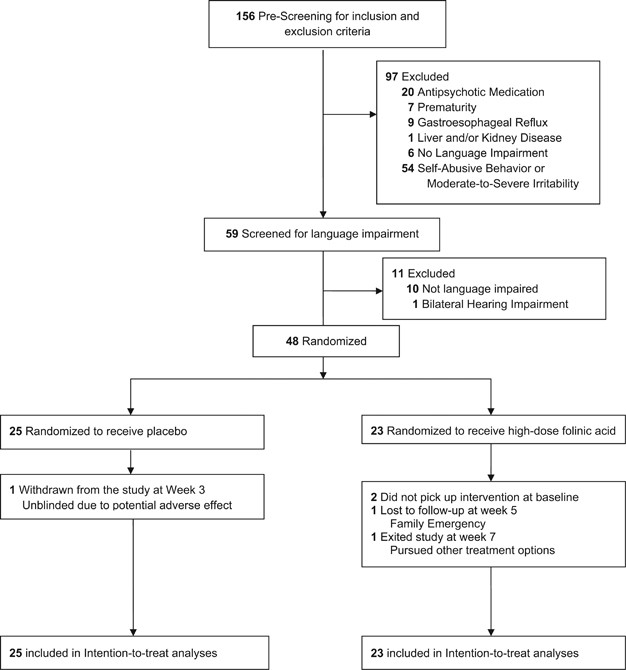Folinic acid, a lesser-known cousin of folic acid, is making headlines in the medical world for its promising role in treating complex neurological conditions—most notably, autism spectrum disorder (ASD). Recent studies and clinical trials are shining a spotlight on this vitamin B derivative, suggesting it could be a game-changer for families and clinicians alike.
What Is Folinic Acid and Why Is It Different?
Most people are familiar with
folic acid, the synthetic form of vitamin B9 found in supplements and fortified foods.
Folinic acid (also known as leucovorin), however, is a distinct, metabolically active form of folate that does not require conversion by the body to be used. This makes it especially valuable for individuals with certain metabolic or genetic conditions that impair folic acid processing.
Unlike folic acid, which must be converted in the body to its active form, folinic acid can bypass some of these metabolic steps, offering more direct support for cellular functions like DNA synthesis and repair.
Folinic Acid and Autism: The Latest Research
The most compelling recent news comes from a series of clinical studies investigating folinic acid’s impact on children with autism, particularly those with language impairment. In a
randomized, double-blind, placebo-controlled trial, researchers found that
folinic acid supplementation significantly improved verbal communication in children with autism. This is a major development, as language and communication challenges are among the most difficult aspects of ASD for families.
How Does It Work?
Scientists believe that some children with autism have
autoantibodies that block folate transport into the brain, leading to a functional folate deficiency in the central nervous system. Folinic acid, due to its unique structure, can help bypass this blockade and restore folate levels in the brain, potentially improving neurological function.
Ongoing Clinical Trials and Expanding Applications
The excitement doesn’t stop at autism. Ongoing clinical trials are exploring folinic acid’s potential in a range of neurological and metabolic disorders, including cerebral folate deficiency and certain types of anemia. Researchers are also examining its use alongside vitamin B12 for synergistic effects in treating ASD symptoms.
What This Means for Patients and Families
For parents of children with autism, these findings offer a
new avenue of hope—especially for those whose children have not responded to traditional therapies. While folinic acid is not a cure, its ability to improve communication and social interaction could dramatically enhance quality of life.
However, experts caution that
folinic acid therapy should be guided by a healthcare professional, as not all children with autism will benefit, and dosing must be carefully managed.
The Bigger Picture: Folate, Health, and Disease
Beyond autism, folate and its derivatives play a crucial role in overall health, from supporting cell growth to potentially reducing cancer risk. While folic acid remains the most common supplement,
folinic acid’s unique properties are gaining recognition in both clinical and research settings.
Takeaways and Future Directions
-
Folinic acid is emerging as a promising therapy for children with autism and language impairment.- Clinical trials show significant improvements in verbal communication for some children.
- Ongoing research is exploring broader applications in neurology and metabolic health.
- Always consult a healthcare provider before starting any new supplement, especially for children or those with complex medical needs.
As research continues, folinic acid could soon become a staple in the toolkit for treating not just autism, but a host of other challenging conditions.
Sources
1. Folate | Linus Pauling Institute - Oregon State University
2. Folinic acid improves verbal communication in children with autism ...
3. A Folinic Acid Intervention for Autism Spectrum Disorders ...
4. Comment on Frye et al. Air Pollution and Maximum Temperature Are ...
